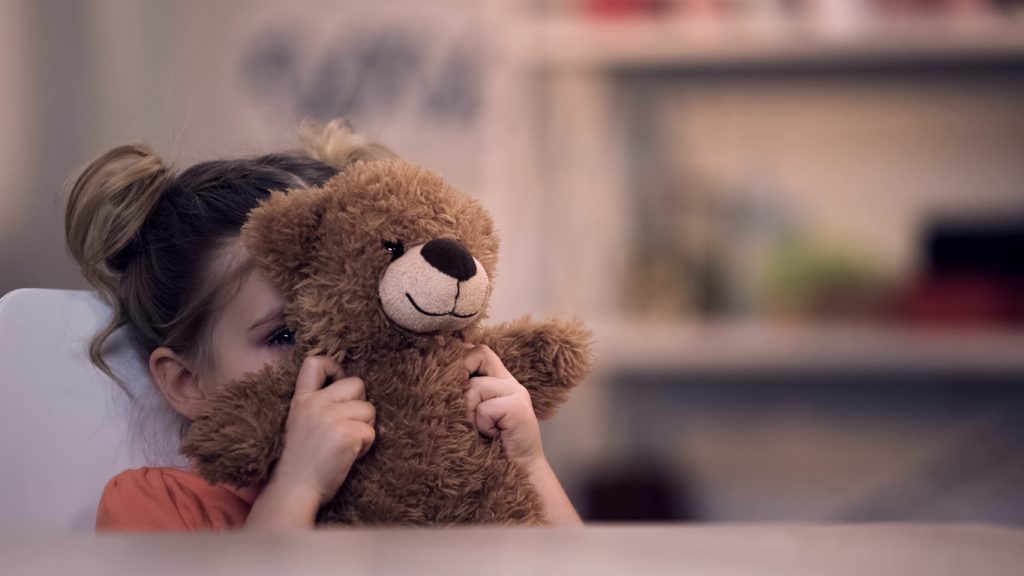Using inhibitory learning and exposure-based approaches for child anxiety

Help children face fears—and overcome anxiety—with confidence. This advanced cognitive behaviour therapy (CBT) training gives clinicians practical, evidence-based tools to apply exposure-based and inhibitory learning techniques that truly make a difference in treating child anxiety.
Building on foundational CBT principles, this webinar provides an in-depth exploration of exposure-based interventions—the gold standard for child anxiety. Learn to design effective exposure hierarchies, tailor interventions to individual needs, and apply innovative strategies that help young clients build lasting resilience.
By the end of the training, participants will have enhanced understanding of exposure-based interventions and practical tools to address a variety of anxiety presentations in children and adolescents.
Learning objectives:
- Understand the foundations of exposure therapy.
- Define exposure-based treatments and explain their role in anxiety management.
- Differentiate between in-vivo, interoceptive, and imaginal exposures.
- Integrate flexible approaches to CBT.
- Recognize when exposure therapy is appropriate or contraindicated.
- Adapt exposure techniques based on individual cases and comorbid conditions.
- Address ethical considerations in exposure therapy.
- Addressing symptom exacerbation, attrition rates, and safety issues.
- Learn research-supported strategies to minimize risks while maintaining effectiveness.
- Apply advanced exposure strategies.
- Implement inhibitory learning models to help children build resilience.
- Use techniques like expectancy violation, deepened extinction, and variability to optimize learning.
- Develop and implement exposure hierarchies.
- Construct effective step-by-step fear ladders tailored to individual children.
Reserve your spot and learn how to apply inhibitory learning and exposure-based techniques that truly help children overcome anxiety.
Please note: This webinar is module 1 of our Certificate in cognitive behavioural therapy (CBT) for children level 2: Clinical applications to specific cases program. However, participants can also register for it as a stand-alone training to enhance their therapeutic skills.
The Canadian Psychological Association recognizes this training for 6 hours of continuing education. These hours are also applicable towards the required 40 hours of formal training in CBT as part of the CACBT certification process.



